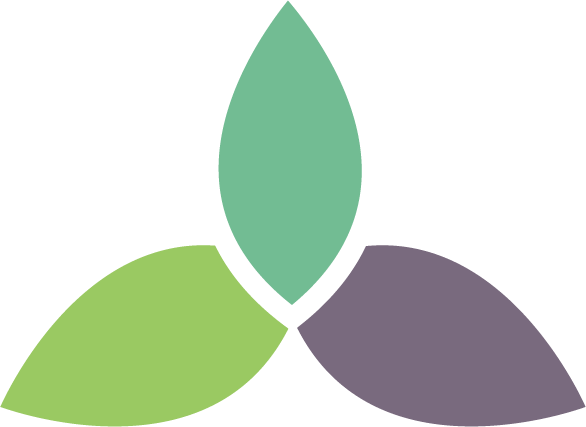Website is Undergoing Momentary Maintenance
We are doing some quick updates to keep our site looking fresh & fabulous! Please check back again soon.
-
Contact Trillium:
778.640.1119
info@trillium-health.ca
3876 Broadway Ave., Smithers, BC
-


-
Contact Trillium:
778.640.1119
info@trillium-health.ca
3876 Broadway Ave., Smithers, BC
-
